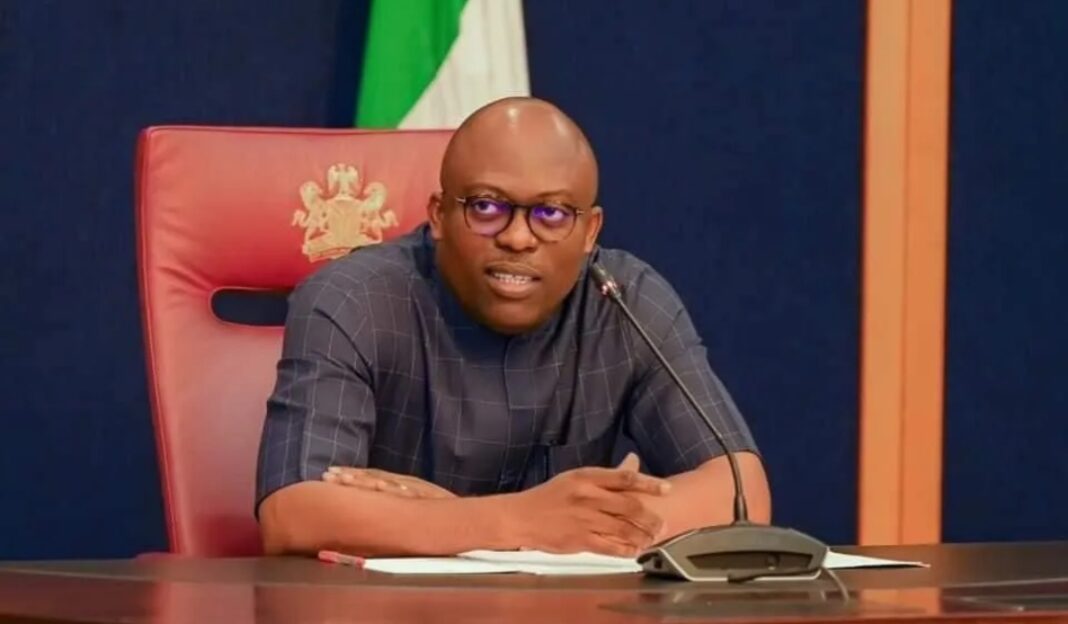Nigeria’s President Bola Tinubu has lifted the state of emergency imposed in Rivers State, restoring full civilian rule after six months of direct federal control.
In a statement on Wednesday, Tinubu directed Governor Siminalayi Fubara, who was suspended when the proclamation took effect, to return to office on Thursday, September 18.
Ngozi Nma Odu, the Deputy Governor, and members of the State House of Assembly were also instructed to resume their legislative and administrative duties.
“I am happy today that, from the intelligence available to me, there is a groundswell of a new spirit of understanding, a robust readiness, and potent enthusiasm on the part of all the stakeholders in Rivers State for an immediate return to democratic governance,” the president said.
“This is undoubtedly a welcome development for me and a remarkable achievement for us. I therefore do not see why the state of emergency should exist a day longer than the six months I had pronounced at the beginning of it.”
Tinubu announced that the emergency will officially end at midnight on Wednesday.
“It therefore gives me great pleasure to declare that the emergency in Rivers State of Nigeria shall end with effect from midnight today. The Governor, His Excellency Siminalayi Fubara, the deputy governor, Her Excellency Ngozi Nma Odu, and members of the Rivers State House of Assembly and the speaker, Martins Amaewhule, will resume work in their offices from 18 September 2025,” he said.
The president also appealed to political leaders across the country to prioritise peace and stability.
“I take this opportunity to remind the Governors and the Houses of Assembly of all the States of our country to continue to appreciate that it is only in an atmosphere of peace, order, and good government that we can deliver the dividends of democracy to our people. I implore all of you to let this realisation drive your actions at all times,” Tinubu added.
Background
Tinubu declared the emergency on March 18, 2025, citing a deep constitutional crisis in Rivers that had paralysed governance.
At the time, disputes between Governor Fubara and the State House of Assembly had stalled budget approvals and left key economic assets vulnerable.
In a nationwide broadcast then, the president described the measure as “painfully inevitable.”
He said his action, taken under Section 305 of the 1999 Constitution, was necessary to “arrest the drift towards anarchy” after mediation efforts collapsed.
“Considered objectively, we had reached that situation of total breakdown of public order and public safety in Rivers State … it would have been a colossal failure on my part as President not to have made that proclamation,” Tinubu had said.

